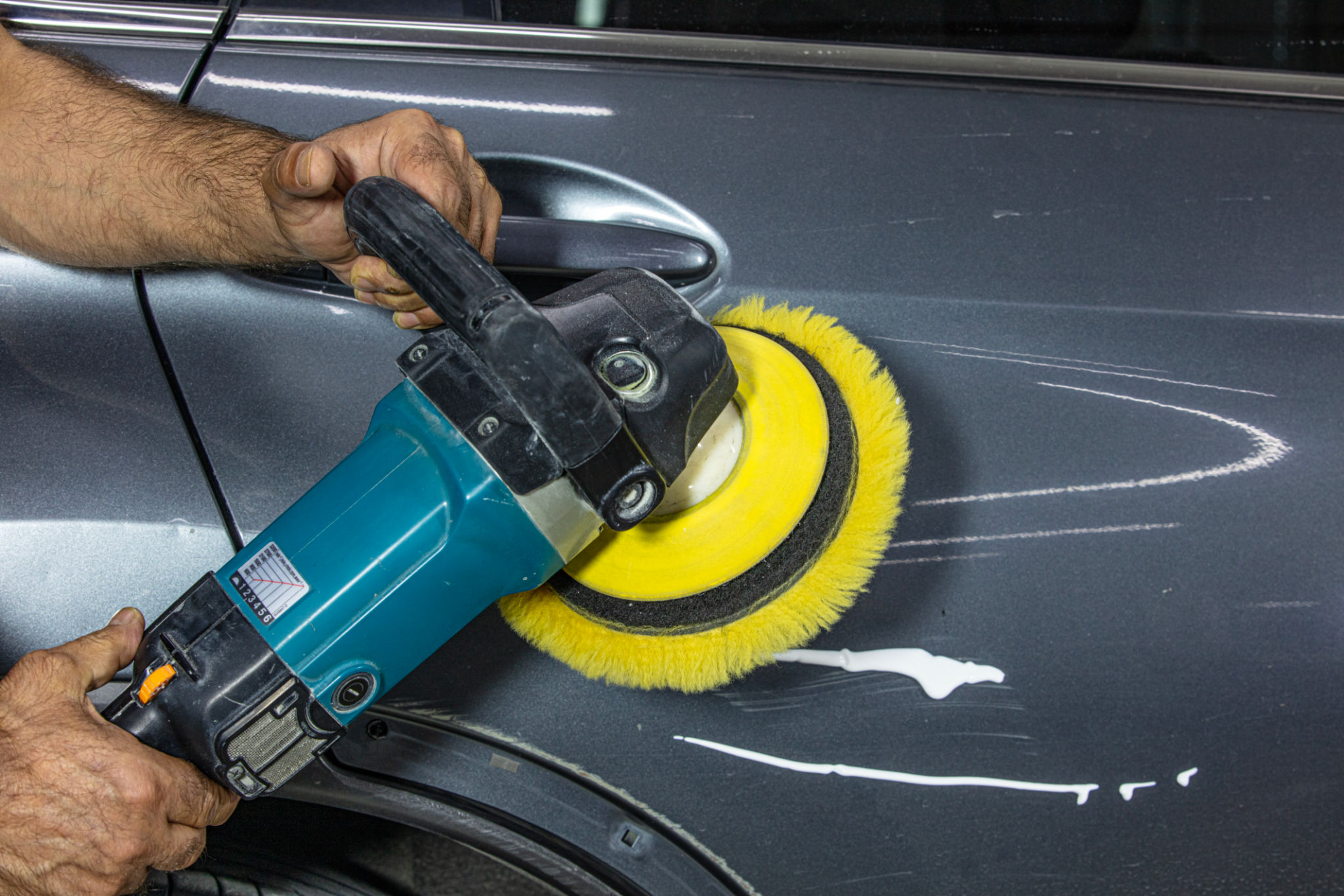Debunking Common Car Detailing Myths: What Really Works
Understanding Car Detailing Myths
Car detailing is an essential aspect of vehicle maintenance, yet it is often surrounded by myths that can mislead car owners. These misconceptions can lead to improper care practices, potentially damaging your vehicle rather than protecting it. In this post, we’ll debunk some common car detailing myths and uncover what really works to maintain your car's appearance.

Myth 1: Dish Soap is a Suitable Car Wash Substitute
One of the most pervasive myths is that household dish soap is an acceptable substitute for car wash products. While dish soap is excellent for cutting grease on kitchenware, it is not formulated for automotive paint. Regular use can strip away protective layers of wax or sealant, leaving the paint vulnerable to environmental damage.
For proper car washing, always use a soap specifically designed for automotive use. These products are formulated to safely remove dirt and grime without damaging the paint or existing protective coatings.
Myth 2: Waxing Once a Year is Enough
Another common belief is that waxing a car once a year is sufficient for protection. In reality, how often you need to wax your vehicle depends on several factors, including climate, exposure to the elements, and the quality of wax used. Most experts recommend waxing your car every three to four months to maintain a robust protective barrier against contaminants and UV rays.

Myth 3: Machine Polishing Always Causes Damage
Many car owners shy away from machine polishing due to the fear of damaging their vehicle's paint. While it's true that improper use can cause issues, when done correctly, machine polishing can effectively remove scratches and restore shine. It's important to use the right tools and techniques or consult with a professional detailer if you're unsure.
If you decide to polish your car yourself, invest in a quality machine polisher and follow detailed instructions to achieve optimal results without causing harm.
Myth 4: Air Drying is Harmless
Letting your car air dry after a wash might seem convenient, but it can lead to water spots and streaks. Water spots form when minerals in the water evaporate on the paint, potentially etching into the surface over time. To avoid this, always dry your vehicle with a clean, soft microfiber towel or chamois immediately after washing.

Conclusion: The Reality of Car Detailing
Understanding the truth behind these myths empowers car owners to make informed decisions about their vehicle's care. By using dedicated car care products, maintaining a regular waxing schedule, utilizing machine polishing judiciously, and employing proper drying techniques, you can keep your car looking pristine and well-protected.
Remember, effective car detailing is about using the right products and techniques for each task. By debunking these myths and following proven practices, you ensure your vehicle receives the best care possible.
